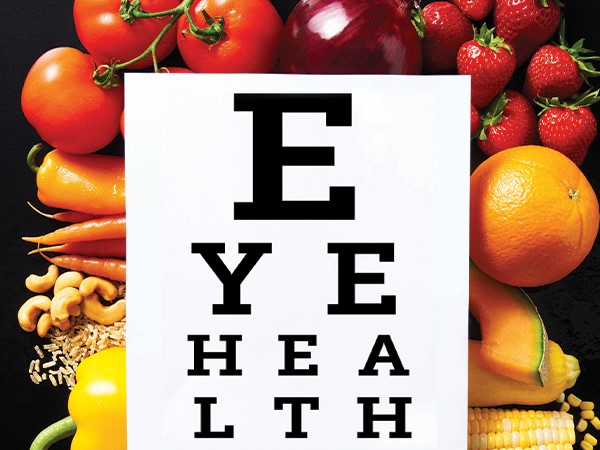Description
There's plenty of truth behind the old notion that carrots are good for your eyes. In fact, carrots are just one of the many foods that maintain eye health and help them function. A diet rich with colorful produce and good-for-you fats promotes healthy vision and may reduce the risk of disorders like glaucoma, cataracts, and macular degeneration. Take a long hard look at these foods that help improve eye health.
Vitamin A
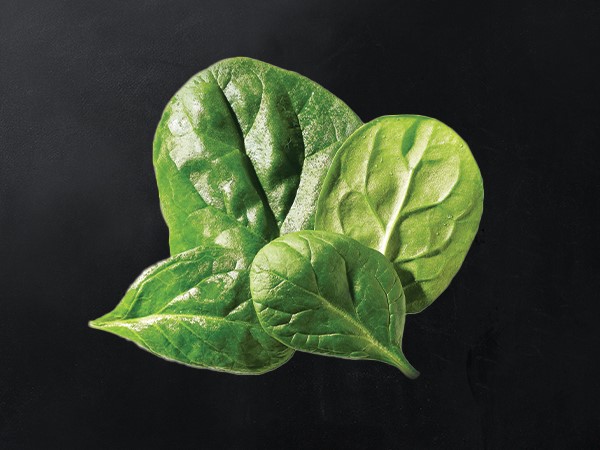
What it does: Assists retina function and maintains moisture to help prevent dry eye. Beta-carotene, a plant pigment that converts to vitamin A, benefits eyes adjusting to darkness.
Foods: Apricots, broccoli, carrots, cantaloupe, eggs, kale, mango, pumpkin, red bell pepper, sweet potatoes, spinach, summer squash, tomatoes.
What you need: 700-900 mcg/dayVitamin E
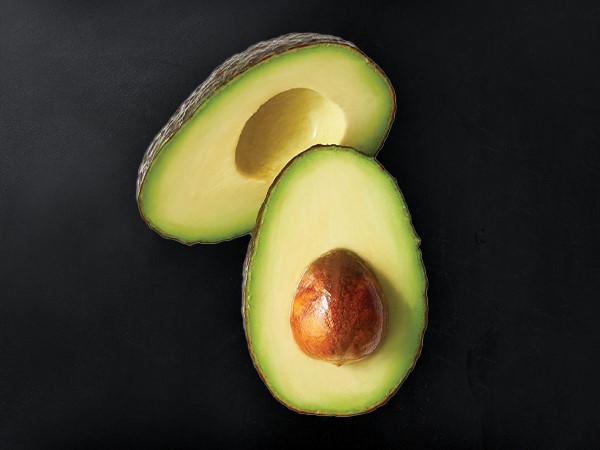
What it does: Fends off harmful molecules to prevent healthy tissue from breaking down and reduces the chance of age-related macular degeneration, cataracts, and glaucoma.
Foods: Almonds, asparagus, avocado, collard greens, mango, peanuts, peanut butter, pumpkin, red bell pepper, spinach, sunflower seeds.
What you need: 15 mg/dayVitamin C
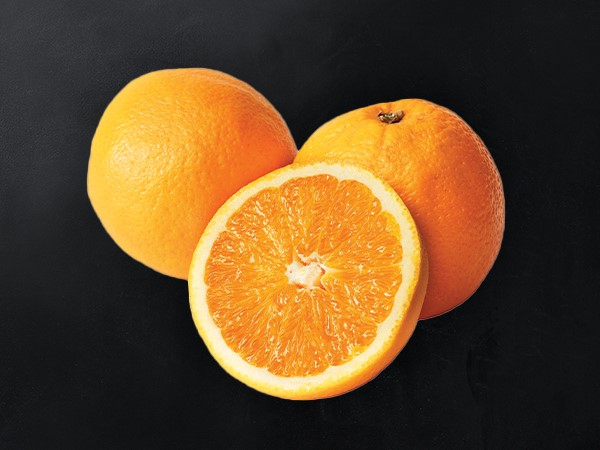
What it does: Supports cell and blood vessel health in the eye. May help delay or reduce the risk of cataracts, age-related macular degeneration, and visual acuity loss.
Foods: Broccoli, Brussels sprouts, cantaloupe, cauliflower, grapefruit, green bell pepper, kiwi, oranges, strawberries.
What you need: 75-90 mg/dayRiboflavin
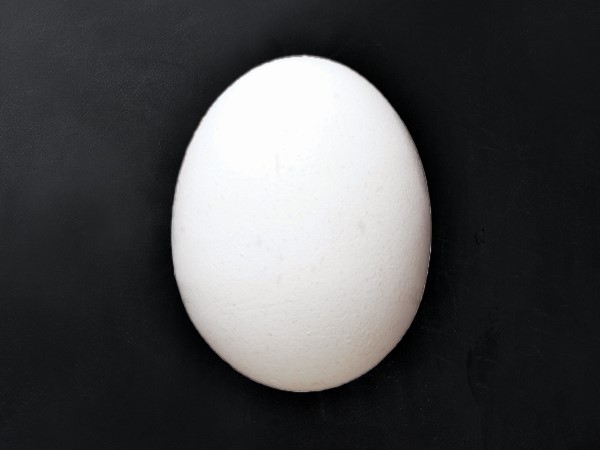
What it does: Protects glutathione, an antioxidant linked to the risk of glaucoma. Prolonged riboflavin deficiency is associated with the development of cataracts.
Foods: Almonds, beef, dairy, eggs, fortified breakfast cereal, oatmeal, quinoa, salmon.
What you need: 1.1-1.3 mg/dayLutein and Zeaxanthin
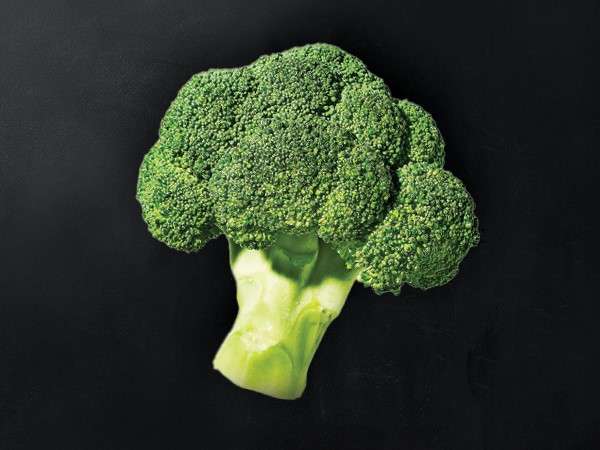
What they do: Both are antioxidants that protect the macula, the part of the eye responsible for central, detailed vision. Both have been associated with reduced risk of age-related macular degeneration, and cataracts.
Foods: Asparagus, broccoli, collard greens, corn, eggs, green peas, green beans, kale, orange bell pepper, spinach.
What you need: Lutein 10 mg/day; Zeaxanthin 2 mg/dayZinc
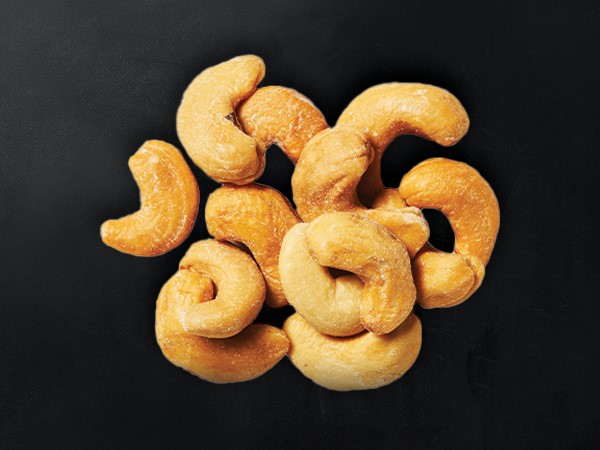
What it does: Maintains retina health and shields eyes from the damaging effects of sunlight. Helps eyes produce protective pigments by transporting vitamin A from the liver to the retina.
Foods: Avocados, almonds, beef, cashews, chickpeas, crab, legumes, lobster, pork, oatmeal, oysters.
What you need: 8-11 mg/dayOmega-3s
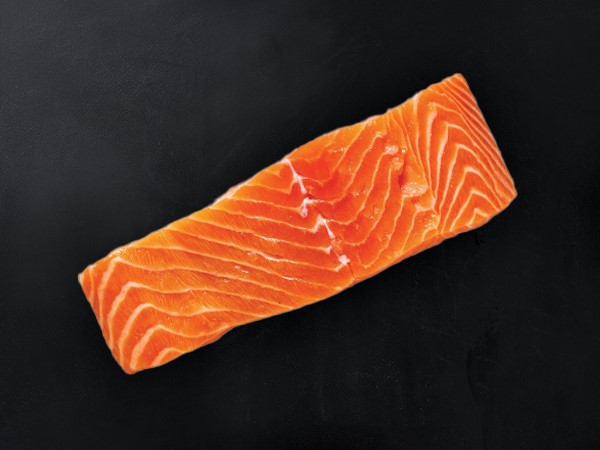
What they do: A type of fat found in the retina. Critical for visual development and retinal function. Plays a role in tear development to help prevent dry eye.
Foods: Anchovy, chia seeds, halibut, flaxseeds, pumpkin seeds, sardines, salmon, swordfish, tuna, oysters, walnuts.
What you need: 1.1-1.6 g/dayThiamine
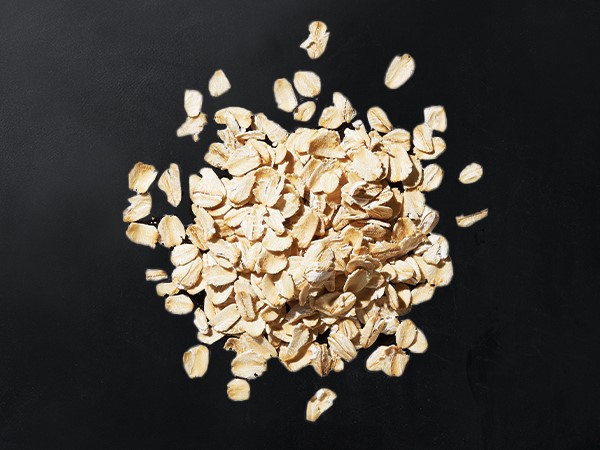
What it does: Also known as vitamin B1, thiamine aids the conversion of food to energy and may protect against nuclear cataracts, according to studies.
Foods: Acorn squash, beef, black beans, brown rice, English muffin, tuna, trout, pork chop, oatmeal.
What you need: 1.1-1.2 mg/day
